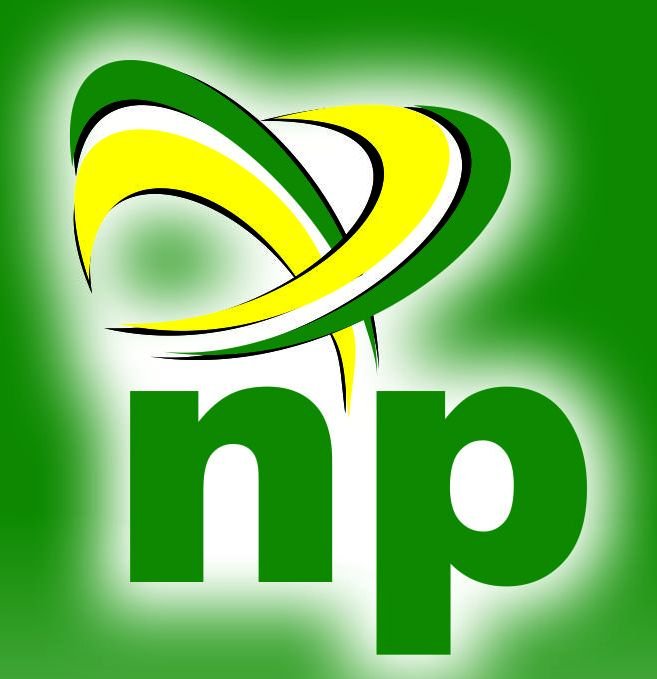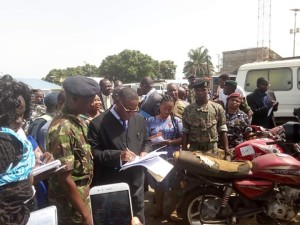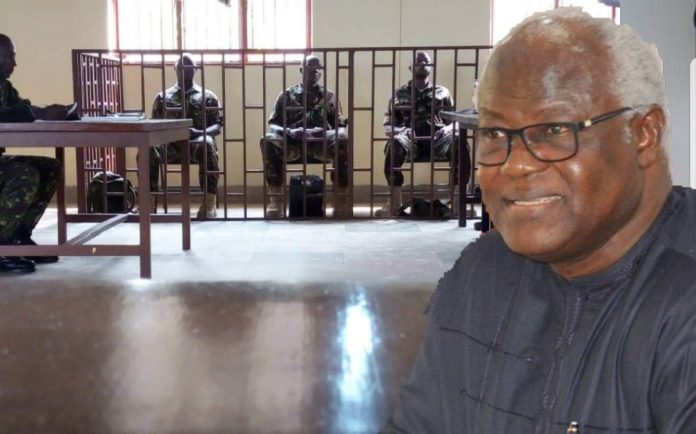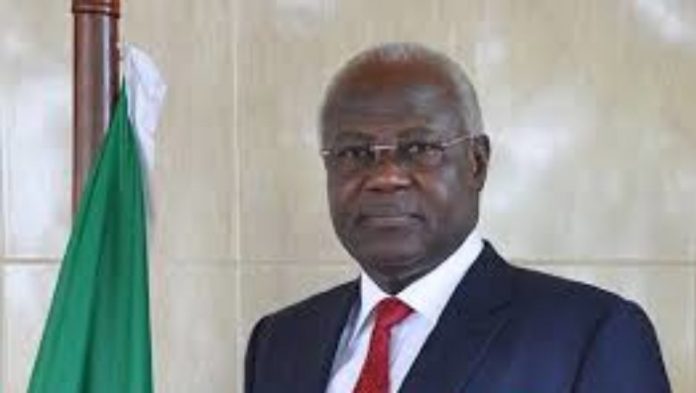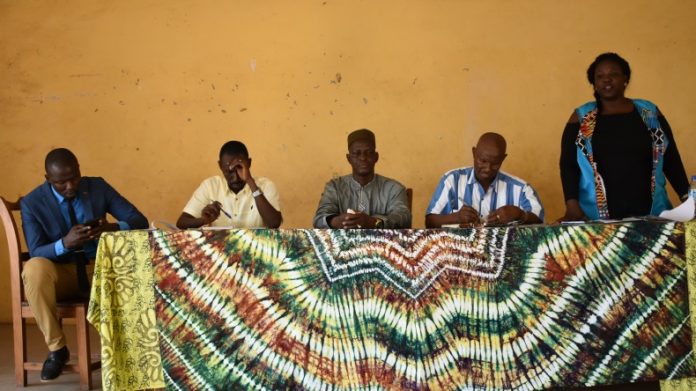Ministry of Finance’s Technical Audit Report launched last Tuesday April 2nd 2019 by the Minister of Finance, Jacob Jusu Saffa, has received fierce condemnation from members of the public for what they describe as an unfair treatment of the darling mobile operator of the nation. In their view, the audit report seems to be one-sided, as officials of the company and the former operators at NATCOM, who are au fait with what transpired, were not contacted to give their own side and ensure a balanced report.
The report which was developed by some fifty international and local auditors, accused the country’s Telecommunications Commission (NATCOM) of demonstrating unfair and unequal treatment to mobile phone operators on the same circumstances and the payment of fines.
According to investigations, it is understood that a good number of like-minded Sierra Leoneans have questioned the findings and recommendations of the report, describing it as one sided and bias, as the auditors did not talk to former NATCOM officials to get their own side of the story to ensure a well-balanced report. Some seasoned auditors have even questioned the methodology used by the audit team to arrive at their findings.
Section 10 of the Telecoms Act 2006, (as amended), makes the Commission completely independent in its operations. It is very clear in the Act that the Commission’s major responsibility among several others is to expand telecoms services to rural areas, which it executed very well, especially between March 2015 and March 2018.
According to documentary evidence seen, sometime in 2017, NATCOM received an executive clearance from the office of the President requesting the Commission to prevail on mobile phone companies to expand their network to the interior parts of Kenema, Falaba and Koinadugu districts. Our findings revealed that apart from the President’s instruction, the people also called on NATCOM to ensure the expansion of network to their areas.
In the light of this development, NATCOM decided to engage all GSM operators in the country. It was reliably learnt that one of the operators bluntly refused to comply.
However, documentary evidence has clearly proved that NATCOM contacted all GSM operators to know who was interested to complement government efforts in providing telecom services to the rural areas, unfortunately only Africell consented to work with the Commission in that direction.
Sources say that no shady deal was done in the whole process, contrary to the findings in the technical audit report. The company’s service to the nation has been widely acclaimed and subscribers say that the company is not only providing reliable communication service to the people, but it has alleviated their economic situation through its numerous promotions and support in education, agriculture, sports among others.
It is on record that Africell installed cell sites to the above mentioned areas as outlined in the agreement, which were commissioned by the previous administration in the presence of traditional leaders and several government functionaries.
NATCOM sources say that some of the documents can be traced at the ACC and if the audit team had taken time to contact the former administration, they would have got a clearer picture of the whole issue and will not come out with such a report. It was also disclosed that the commission never forced any mobile company against its will to contribute to UADF and that it also never applied different regulations to any special operator, contrary to the findings in the report.
Documentary evidence show that NATCOM requested all operators to expand their network to the most remote areas in the country, but it was only Africell that complied with that request. All what the commission did regarding the expansion of network in the four remote areas, was done in line with section 9 (1) and section 2 (1) of the telecom Act of 2006 as (amended).
Some social commentators say that Africell was not treated well by the Special Audit team. NATCOM sources say that the Company used its own resources to buy the equipment to connect the people to the global village. “If they have done a marvelous job, I think they should be commended rather than castigating them for a job well done” Mariama Sesay an Africell subscriber maintained. Thomas P Babadie, a seasoned Civil Society Activist stated that “Africell is now being crucified for doing the correct thing in line with their mandate of providing better services to the people including those in remote areas and such a situation will definitely discourage investors”. But not deterred by this matter, Company officials say they are more determined to move ahead and work with the government and people to get quality, affordable services.



